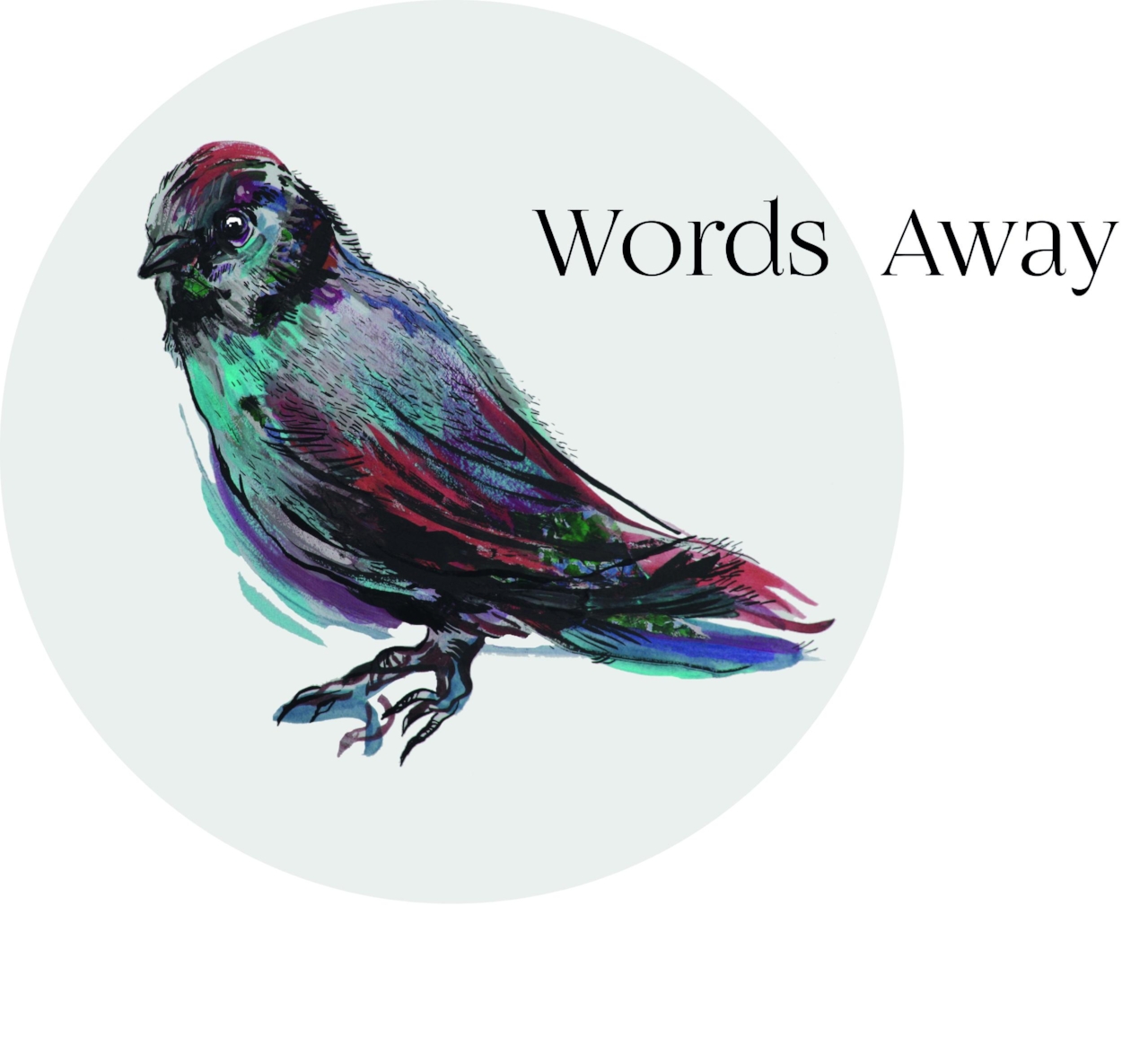In this interactive workshop we’ll bring the powers of the Four Elements to the drafting and editing of your writing. In the inspirational setting of the Phoenix Garden, we’ll investigate how:
Fire energises your voice and illuminates your intention
Water adds depth and feeling to the lives of your characters
Earth brings substance and texture to the worlds you’re creating
Air lends focus and structure to your writing
We’ll use the Four Elements to explore our own work, and to give and get feedback in collaboration with other writers. We’ll also discuss the business of writing: understanding readers and the marketplace, submitting to agents, working with publishers.
Throughout we’ll pay careful attention to the craft of writing, while also tending to the heart and soul of your creative endeavours. You’ll leave the workshop invigorated with fresh ideas for taking your work into future drafts – and beyond.
The Four Elements practice will be helpful for anyone who’s completed a manuscript: fiction, nonfiction, poetry, screenplay, playscript, or hybrid forms. It will also be valuable for writers with works-in-progress that need a reboot or a new frame of thinking.
You can find out more about the Four Elements in this interview.
Bonus materials:
Brief preparatory readings and exercises, including guidance for writing samples to use with other writers at the workshop
In-class discussion, meditations, and writing experiments
Materials to take home, including worksheets, additional revision exercises and suggestions for further reading
Follow-up notes addressing questions that arise on the day
Opportunities to find beta readers and writing community
Afternoon tea
Workshop Leader
Andrew Wille is a book doctor and writing teacher. At Little, Brown and as a freelance editor he has published and edited many bestselling and critically acclaimed works of fiction and nonfiction. He studied and taught at Naropa University’s Jack Kerouac School of Disembodied Poetics in Boulder, Colorado, birthplace of the modern mindfulness movement, and draws on contemplative and holistic approaches to creativity in his teaching. He writes fiction and nonfiction, and also blogs and offers resources on writing and publishing at www.wille.org
